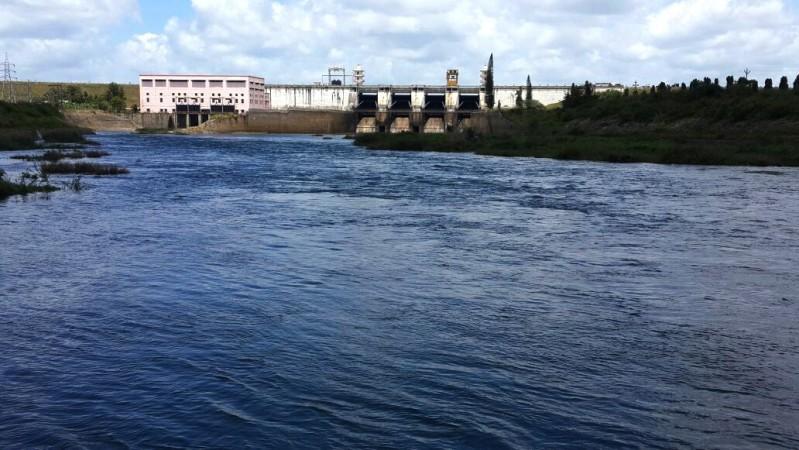
The Supreme Court on Tuesday ordered Karnataka to keep releasing 2,000 cusecs of water every day to Tamil Nadu for irrigation as it continues to hear the case, despite Karnataka having stated earlier that it does not have enough water to release to Tamil Nadu for irrigation, and even defied the apex court's order on it.
The Supreme Court also urged both the Karnataka and Tamil Nadu governments to ensure peace in their respective states, if instances of violence or unrest have erupted. The most recent of these was when members of the Dravida Munnetra Kazhagam (DMK) — the Opposition party in Tamil Nadu — conducted widespread protests that led to the arrest of 2,000 of their activists.
The division of water from the Cauvery river has been a long-standing issue between Karnataka and Tamil Nadu, and the matter is currently at the doorstep of the Supreme Court, which is hearing it. The apex court has involved not only these two states but also the Central government in the resolution of this dispute.
In one of its more recent steps, the Central government, on direction from the apex court, had set up a high-level technical team which was tasked with visiting the Cauvery river's basin area to assess the ground realities.
The ministry, in a statement, said the group would be headed by Central Water Commission (CWC) Chairman GS Jha, who was appointed chairman of this team. The other members include CWC Member (Water Planning and Projects) S Masood Husain, CWC Krishna and Godavari Basin Organisation Chief Engineer RK Gupta, and the chief secretaries or their representatives from Tamil Nadu and Karnataka.
The team also includes a chief engineer each from the states of Tamil Nadu, Karnataka and Kerala and one from the Union Territory of Puducherry.

















